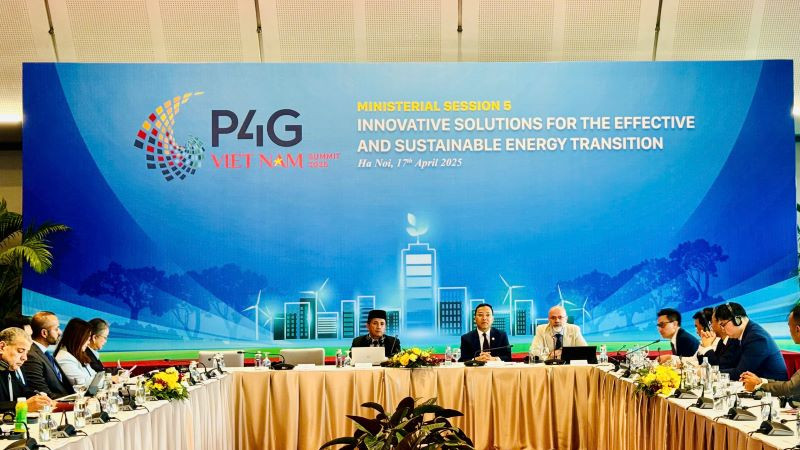
Currently, the world is facing huge challenges and impacts of climate change, environment and depletion of natural resources, energy conversion is not only an option but an urgent and inevitable requirement.
At the COP26 Conference in the UK in 2021, Vietnam made a commitment to achieve net zero emissions by 2050. Vietnam in general and the Ministry of Industry and Trade in particular have been implementing and will implement many solutions to realize the country's development goals, while meeting the global context, requirements and general trends.
 |
Rooftop solar power - effective renewable energy in green industrial parks. (Photo: HNV) |
Innovation, public-private partnership and people-centricity
In his opening speech, Deputy Minister of Industry and Trade Nguyen Hoang Long shared three important orientations and practical lessons from Vietnam's journey of sustainable energy transition.
The first is innovation. Innovation is seen as the key to unlocking the door and overcoming challenges in an efficient and sustainable energy transition.
“We need to invest heavily in research and development to create revolutionary technologies. In addition, the use of artificial intelligence (AI), smart grids, battery-powered energy storage systems (BESS), hydrogen energy, etc. is becoming a new trend, helping to optimize performance and reduce costs. However, for innovation to truly develop, strong policy support is needed, including financial incentives and intellectual property protection for breakthrough initiatives,” said the Deputy Minister.
According to the Deputy Minister, innovation in the energy sector needs to be carried out synchronously and drastically, from the development and promulgation of policy mechanisms, solutions and tools for implementation, to the mobilization of domestic and international resources... Here, people are always the key and decisive factor.
Second is public-private partnerships and international cooperation. Energy transition cannot be achieved by the efforts of governments or the private sector alone. Public-private partnerships are the bridge that allows both sides to share resources, reduce risks, and scale up the deployment of sustainable energy solutions.
The government plays a role in guiding policy, creating a legal framework and setting clear national goals. Meanwhile, the private sector can bring huge financial resources, along with flexibility and creativity in implementing projects.
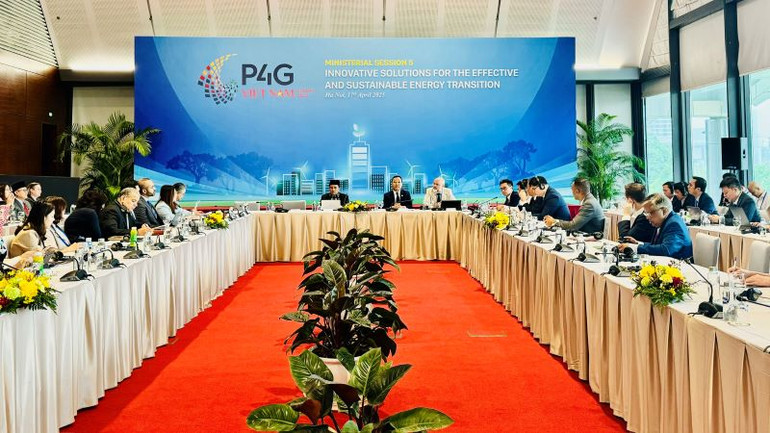 |
Many international and domestic delegates attended the 5th discussion session. (Photo: HNV) |
In addition, the adoption of international cooperation mechanisms and initiatives such as P4G will support countries, including Vietnam, to share, learn from experiences and access financial resources, especially global green finance, to meet sustainable development goals. This is clear evidence that only when we combine, mobilize all resources and share risks, can we implement large-scale projects that meet strict requirements on time and efficiency.
Third is to put people at the center. The Deputy Minister of Industry and Trade emphasized that in the journey towards an efficient and sustainable energy transition, we cannot ignore the human factor. Sustainable energy transition is not only a technological revolution, but also an opportunity to improve the quality of life of millions of people around the world, especially poor and vulnerable communities.
“In Vietnam, we have made great efforts to ensure that energy transition solutions not only serve large cities but also reach remote, mountainous and island areas. Renewable energy projects, grid projects and rural electrification have helped hundreds of thousands of households improve their quality of life. We understand that sustainable energy transition cannot be successful without social equity. Inclusive policies, such as providing microfinance for households to invest in renewable energy, are the foundation for everyone to participate in this journey,” said Deputy Minister Long.
During the discussion, there were many direct comments from international and domestic speakers, most of whom highly agreed that innovation to promote green and sustainable energy transition is not only a goal but also an opportunity for countries, including Vietnam, to shape the future of sustainable development. The energy sector transition process always requires harmony in development, ensuring social issues and environmental protection, towards a green and sustainable future and leaving no one behind.
Harmony in energy transition, towards a green, sustainable future
International and domestic delegates attending the discussion session all believe that, with consensus and determination, it is entirely possible to create a world where clean energy is not only a goal, but also a universal right, bringing sustainability and happiness to future generations. As affirmed by Mr. Leonardo AA Teguh Sambodo, Deputy Minister of National Development Planning of Indonesia, on the commitment to green growth, towards a balanced, carbon-neutral world and preventing climate change.
“This work is not easy to approach to transform energy efficiently and sustainably, so it is necessary to come up with solutions to gradually overcome barriers and build a foundation for sustainable development,” said the Deputy Minister of National Development Planning of Indonesia.
According to Mr. Leonardo AA Teguh Sambodo, Indonesia is aiming to achieve a balanced energy transition by the 100th anniversary of the country's founding in 2045, which is to achieve goals on green jobs, green transportation, and the application of new technologies in areas with high demand for renewable energy, based on nationwide implementation with international experience and focusing on improving public-private partnerships, promoting a sustainable energy future.
“We are fully determined and committed to promoting green energy and efforts to combat climate change in the region as well as in the world, through P4G creating new opportunities for exchange and cooperation in effective and sustainable energy transition,” said Deputy Minister Leonardo AA Teguh Sambodo.
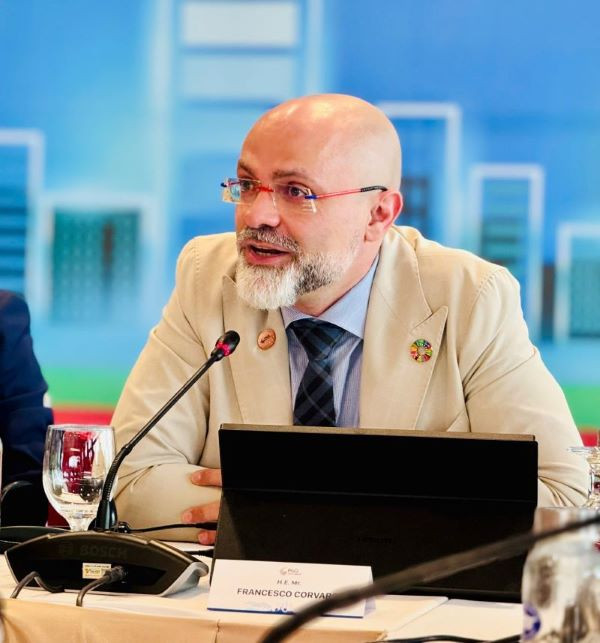 |
Mr. Francesco Corvaro, Special Envoy for Climate Change of Italy at the discussion session. (Photo: HNV) |
Sharing the same view, Mr. Francesco Corvaro, Special Envoy on Climate Change of Italy, recommended that there should be a rebalance between nature and humans, creating more opportunities for more jobs in an environmentally sustainable direction.
“Both developing and developed countries need to work together because we all share the same home, the Earth. The consequences of climate change affect all of humanity, without exception. And time waits for no one, so we must accelerate and create new, safe opportunities for our children. Changing the present also contributes to changing the future, which depends on our decisions today, so more than ever, especially when we have supporting technology, we can absolutely do it and need to do it now,” Mr. Francesco Corvaro said in his message at the meeting.
Sharing at the discussion session, Ms. Nan Li, Director of the Investment and Enterprise Department, United Nations Conference on Trade and Development (UNCTAD) said that it is necessary to strengthen energy-saving initiatives, innovate environmental impact methods, plan for efficient energy use, approach the circular economy, minimize waste from mineral exploitation for production and recycling, reuse as well as innovate many aspects of finance, policy, regional management, and resources.
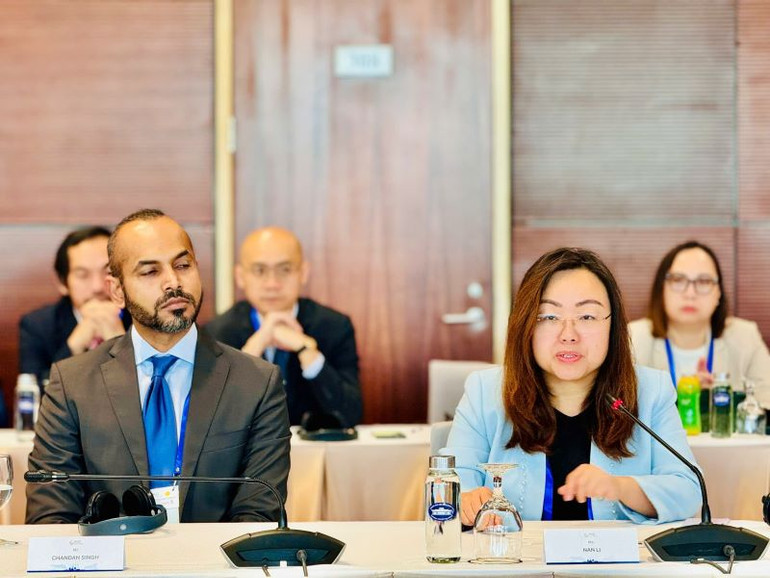 |
Ms. Nan Li, Director of Investment and Enterprise Division, United Nations Conference on Trade and Development (UNCTAD) shared at the discussion session. (Photo: HNV) |
“Global energy reform is shrinking, every decision today affects the development of energy resources tomorrow, what is lacking here is the political determination of countries in implementing the action plan”. On this occasion, Ms. Nan Li also raised the question “in the journey of sustainable and efficient energy transformation, who will lead and who will benefit?”.
Most of the opinions discussed at the meeting were in high agreement on the determination of many countries, including Vietnam, with the most effective energy transition journey in terms of policies, institutions and many programs towards implementing our country's emission reduction commitment at COP16 and COP26, highly appreciating Vietnam's efforts in the process of energy transformation towards green and sustainable direction.
Source: https://nhandan.vn/doi-moi-sang-tao-trong-chuyen-doi-nang-luong-hieu-qua-va-ben-vung-post873135.html



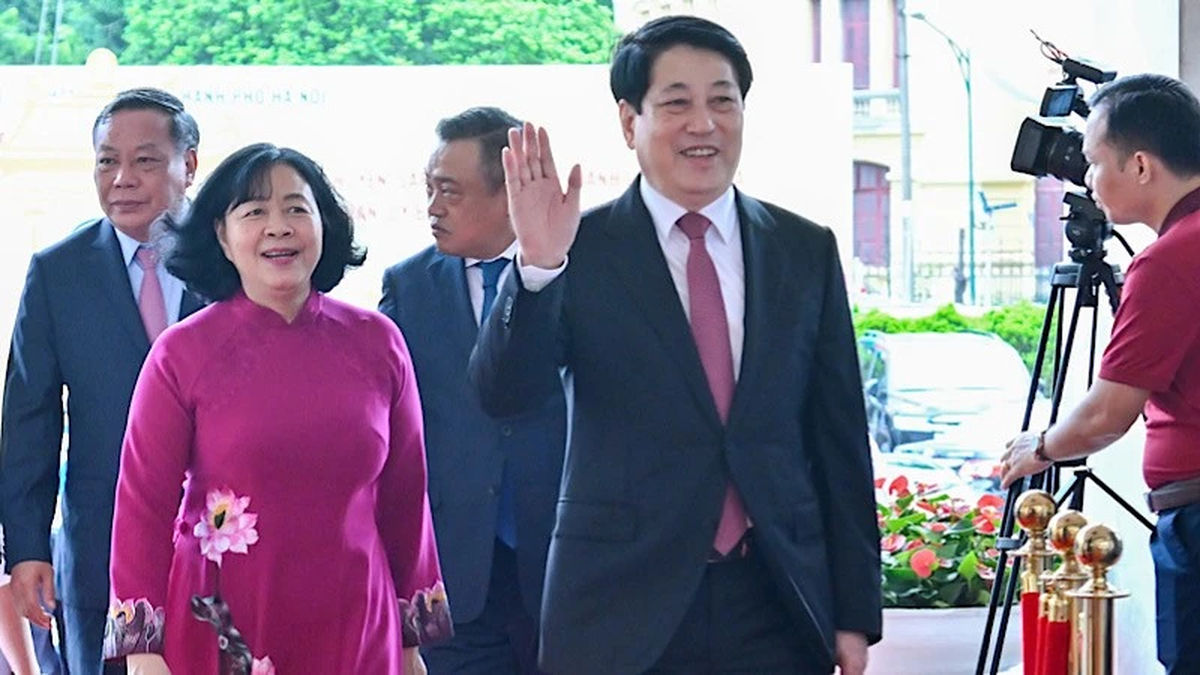
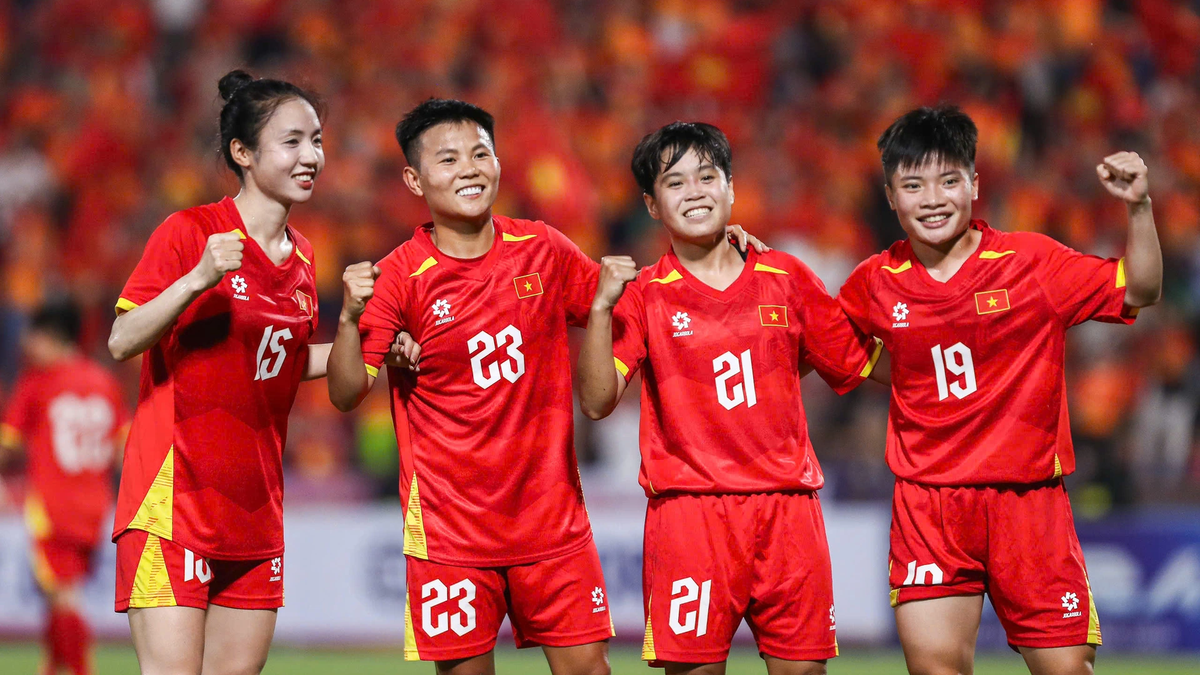
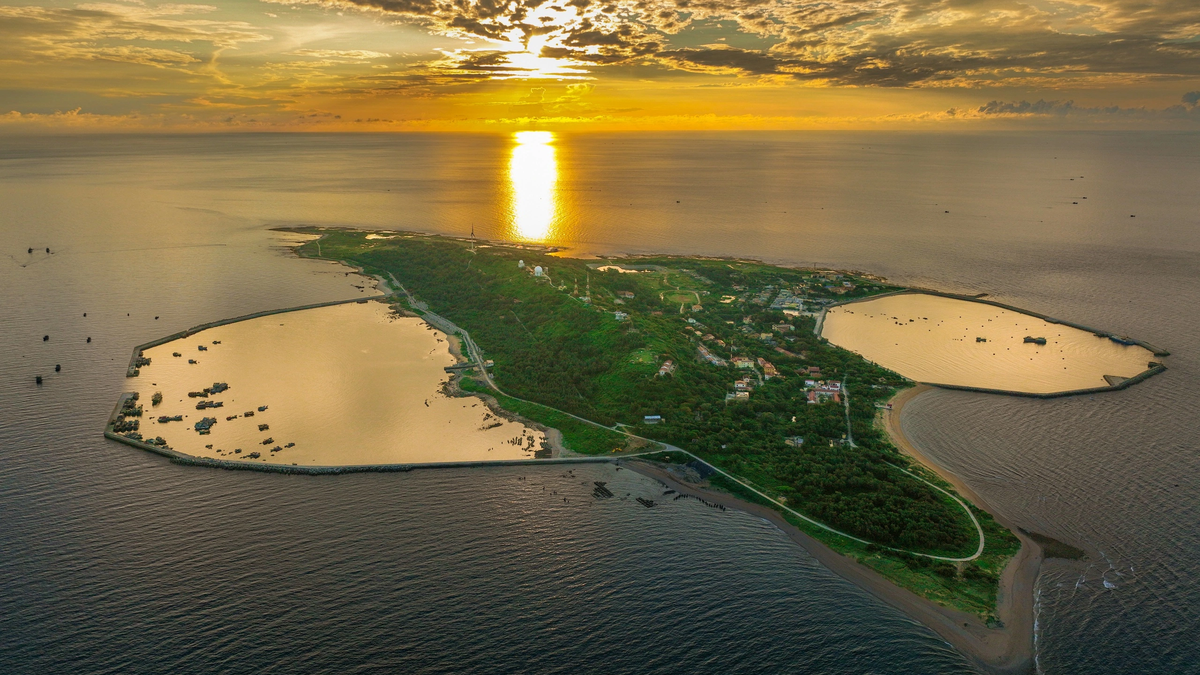


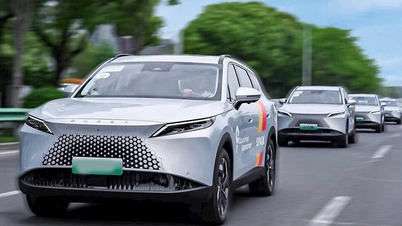



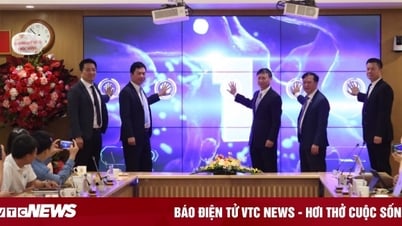

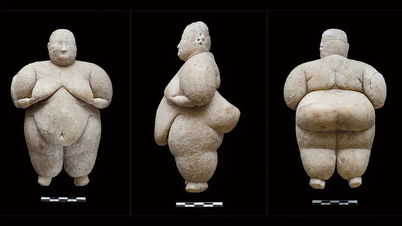
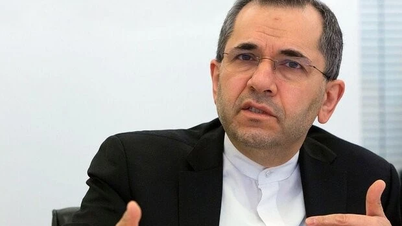




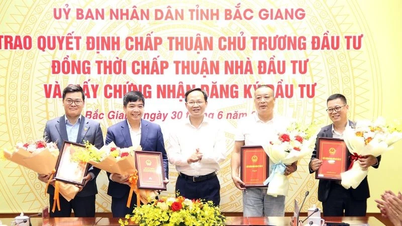
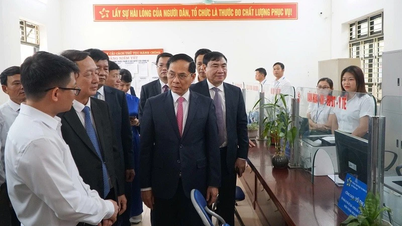
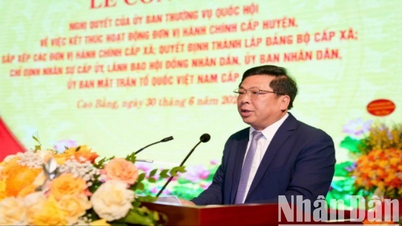
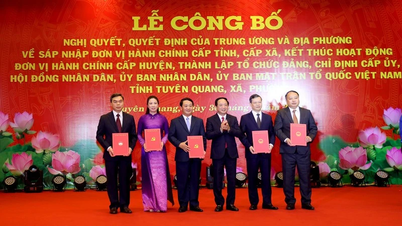
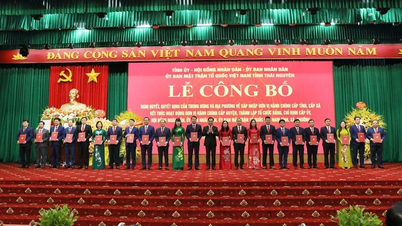













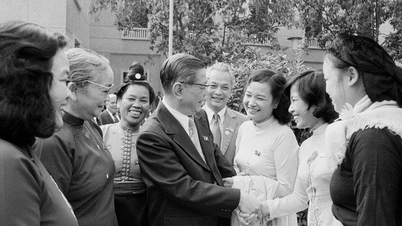




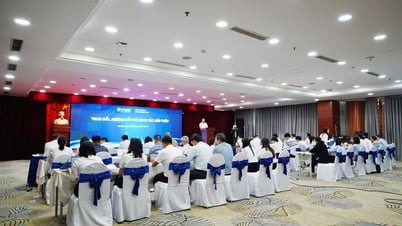

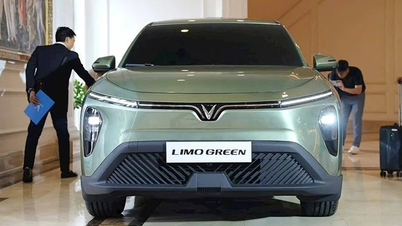

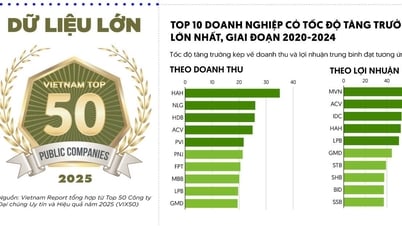

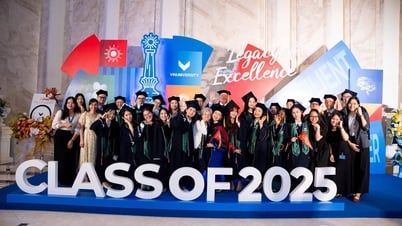




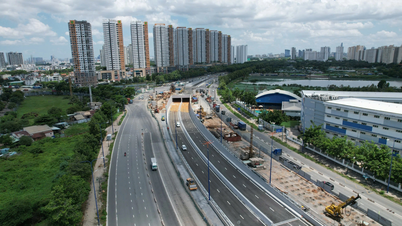



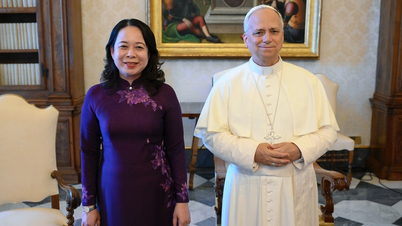



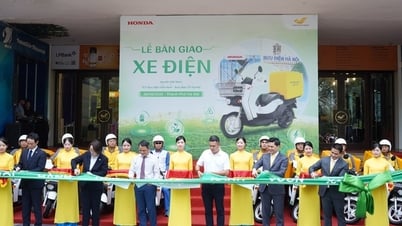


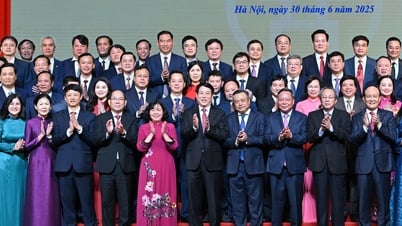




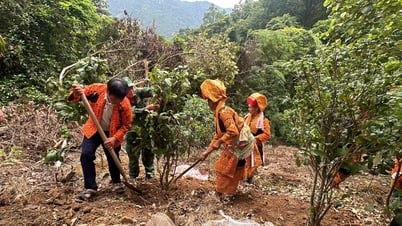
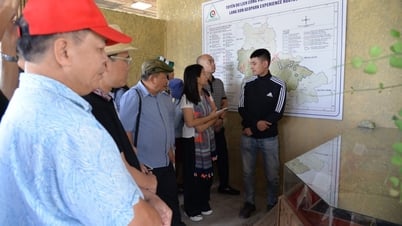
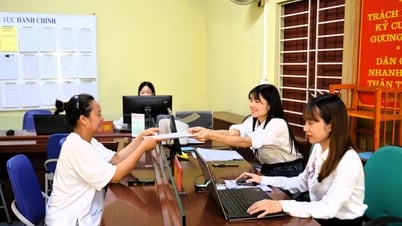












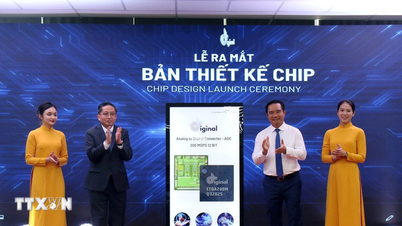





Comment (0)